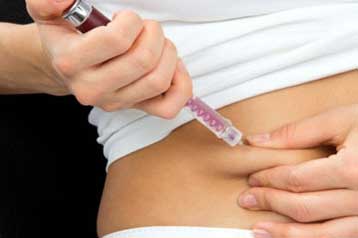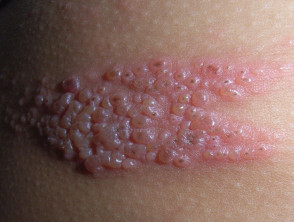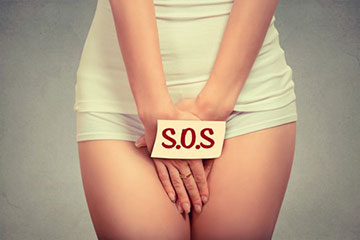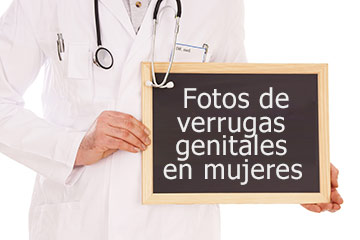Risks of fertility treatment
-
Drug reaction
-
Multiple births
-
Ovarian hyper-stimulation Syndrome (OHSS)
-
Ectopic pregnancy
-
Birth defects
Like all medical treatments, fertility treatment carries some risks and your clinic should discuss these with you before you go ahead.
Risks can include reactions to fertility drugs that may be prescribed, and also the risks associated with any pregnancy. Other risks, of which some are not yet fully understood, relate to the children born as a result of the treatment.
Drug reaction
What it is: A mild reaction to fertility drugs.
Symptoms: Hot flushes, feeling down or irritable, headaches and restlessness.
What to do: Contact your clinic if you have any unexpected reaction to treatment. You will have been provided with an emergency contact number. Always call rather than worry.
Multiple births
Having a multiple birth (twins, triplets or more) is the single greatest health risk associated with fertility treatment.
The HFEA has imposed restrictions on the number of embryos that can be transferred in IVF in order to reduce the number of multiple births.
Multiple births carry risks to the health of the mother and the unborn babies. The babies are more likely to be premature and to have a below-normal birth weight.
Studies show that the risk of death before birth, or within the first week of life, is more than four times greater for twins than for a single baby. For triplets, the risk is seven times greater than for a single baby.
The risk of cerebral palsy is five times higher for twins and 18 times higher for triplets than for a single baby.
Your clinic should discuss these risks with you when deciding how many embryos to transfer in your treatment.
Reducing multiple births – one way to greatly reduce the risks associated with multiple births is to use single embryo transfer, so make sure you speak to your clinician about this option.
Ovarian hyper-stimulation syndrome (OHSS)
What it is: A potentially dangerous over-reaction to fertility drugs used to stimulate egg production.
It is very rare for this complication to occur with mild fertility drugs such as clomifene. Even with the powerful gonadotrophin drugs used in some cases, OHSS symptoms are mild.
In IVF and ICSI cases where a larger cluster of eggs are being stimulated to grow, 5% of patients develop some symptoms.
The serial scanning of the ovaries means that the clinic staff will be aware if you may be at risk of OHSS.
Symptoms: Swollen stomach and stomach pains. In severe cases, nausea and vomiting, severe stomach pains and swelling, shortness of breath, faintness and reduced urine output.
Patients who develop strong OHSS symptoms generally do so during the week after egg retrieval. Cysts develop on the ovaries and fluid collects in the abdomen.
In severe cases (about one –two per cent) your ovaries become very swollen and fluid may distend the abdomen and (rarely) enter the chest cavity.
On occasion, OHSS can be life-threatening.
What to do: If you start to experience any of the above symptoms you must contact your clinic immediately. Never feel you are wasting the clinic’s time.
If you are badly affected you may have to be admitted into hospital as an emergency.
Ectopic pregnancy
What it is: When an embryo implants outside the uterus. The most common site is in the fallopian tube. Occasionally an ectopic pregnancy can develop in the ovary.
The chances of an ectopic pregnancy seem to be higher in women having IVF, especially if they already have problems affecting their tubes.
Symptoms: The first symptom is usually a one-sided low abdominal pain, followed by vaginal bleeding or dark brown or red vaginal discharge. As the pregnancy continues, the pain increases.
The major risk is that the ectopic pregnancy will rupture through the tube causing internal bleeding.
What to do: Your clinic should arrange a pregnancy blood test to check for the pregnancy hormone, hCG. Your clinic should also arrange a scan at six weeks to check for the baby’s heartbeat and to make sure it is growing properly in the uterus.
Speak to your doctor straight away if you have any stomach pain or vaginal bleeding in early pregnancy.
Birth defects
The risk of birth defects in the general population is low: two per cent of children in Europe are born with birth defects. Although some research suggests that fertility treatment may be associated with an increased incidence of birth defects, this risk remains low.
Research to date does not show with absolute certainty that any increased risk is due to fertility treatment. Other causes cannot be discounted, including underlying subfertility in the parents, their age and unexplored factors.
Research into the area is ongoing and, in order to make sure patients understand the risks of fertility treatment, we keep research of this kind under review.
Source
Risks of fertility treatment
HFEA
GeoSalud, August 14, 2013






